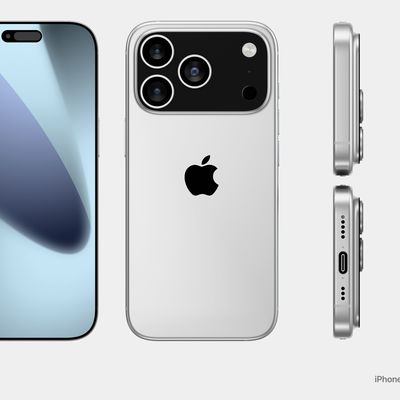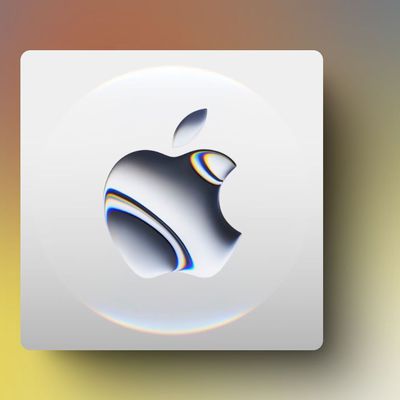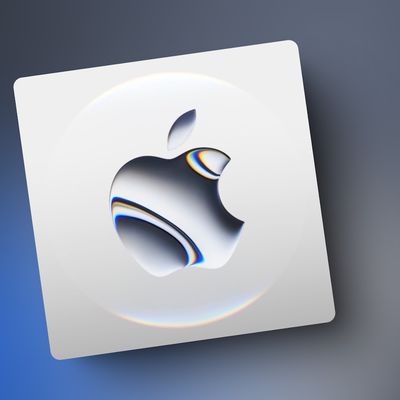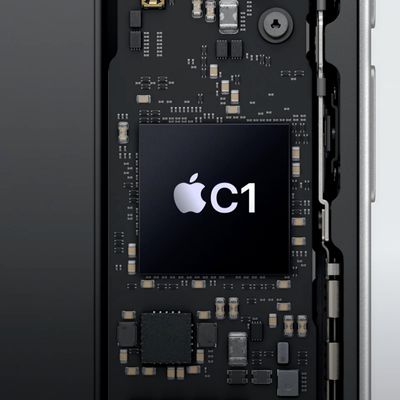A new article by Business Insider today takes a look into failed talks that occurred between Apple and startup Leap Motion, which the Cupertino company tried to acquire twice in less than five years. Leap Motion is a company that focuses on making advances in the fields of virtual reality, augmented reality, and hand tracking technology.
According to multiple unnamed insiders, the most recent deal was nearing completion in spring 2018 before poor management, "swirling negatives," and "eccentric behavior" of Leap Motion's young co-founders Michael Buckwald and David Holz halted the talks.
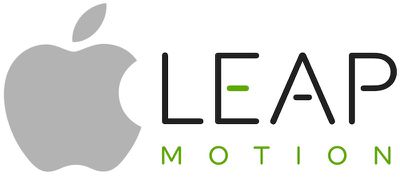
Prior to that, in 2013 the first meeting was held between the two companies and things reportedly went very poorly after Holz -- then 24 years old -- said he had no interest in joining Apple. Sources say Holz was insulting to Apple's staff, told the company representatives that Apple was no longer innovative, its technology "sucked," and discussed the ways that Google's Android was better than iOS. During this time, Apple was said to have been mainly interested in Leap Motion's team to help work on its own AR and gesture-based projects.
Despite this poor first meeting, Apple continued to express interest in acquiring Leap Motion in the ensuing years, particularly as augmented reality and virtual reality technologies began to be more mainstream. Some of Leap Motion's original employees even left the company to work for Apple over the years, and are now helping with Apple's various AR projects, some former Leap Motion employees said.
The latest rumors point towards Apple developing AR smart glasses, which could potentially include a VR component. Apple's interest appears to lean more towards AR, since it has already backed AR as a service with the ARKit developer platform, and CEO Tim Cook often talks excitedly about the potential of AR.
Because of this, Apple made another attempt to acquire Leap Motion earlier this year, but talks fell through once again. Apple was on the verge of acquiring Leap Motion for between $30 million and $50 million in the spring, and had already started talks with the startup's human resources department and sent out offer letters to employees. As Leap Motion celebrated the upcoming acquisition, Apple pulled its offer.
Business Insider says it remains unclear why exactly Apple made this move at the last minute, but one thing appears certain: "the founders ultimately thought [Leap Motion] was more valuable than the offers on the table."
Many people close to the company say that the issues afflicting Leap Motion are a case of poor management: Much of the company's venture capital was spent on sleek office space in San Francisco's pricey SoMa neighborhood, complete with tech industry perks including beanbag chairs and daily lunches, and costly engineering salaries.
That Leap Motion should fall upon dire financial straits when the company's core technology had such great potential was described by many as a failure that could have been easily avoided.
Increasingly, it looks like Leap Motion's technology might end up bought as a hidden gem for a company looking to add its hand-tracking technology to future smartglasses products — but only if it can get the founders on board with the deal.
Now, Leap Motion is said to have new meetings lined up to explore other potential deals outside of Apple's offer, but it may be too late for the startup. According to sources familiar with the company, Apple's latest bid for Leap Motion was the AR/VR company's "last-ditch opportunity" to sell the business, which has faced financial instability for years.
Apple makes acquisitions of smaller companies like Leap Motion all the time, with news coming just in the past month of Apple acquiring Asaii and Spektral. Asaii is a music analytics platform that Apple will likely integrate into Apple Music and iTunes, while Spektral creates real-time green screens that can intelligently separate people and objects from their original backgrounds to overlay a new setting, which could be integrated into a future iPhone.



